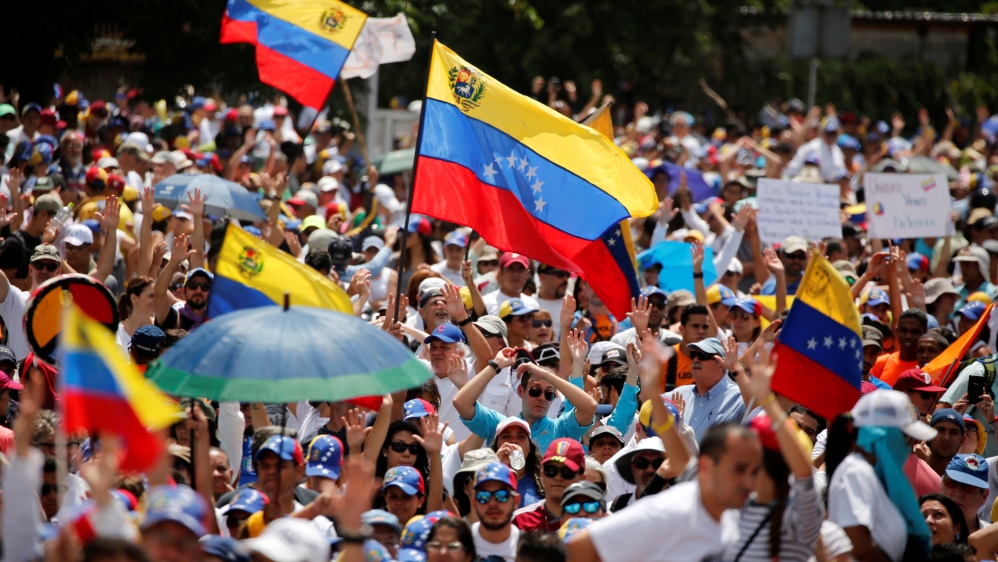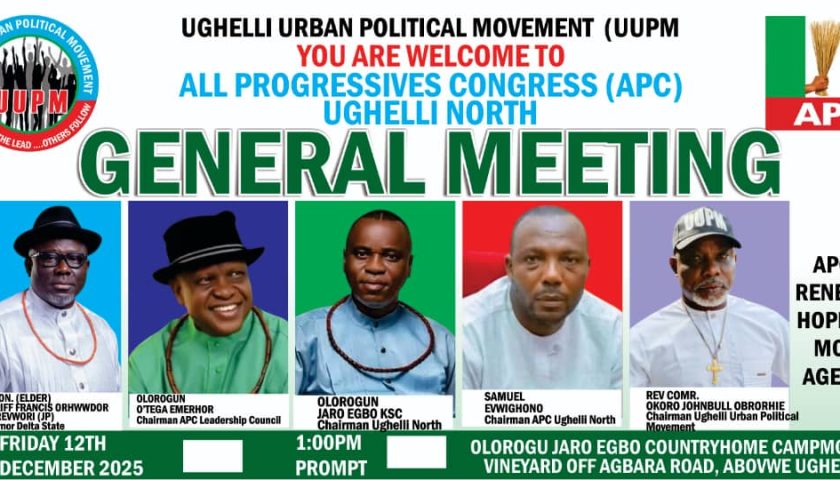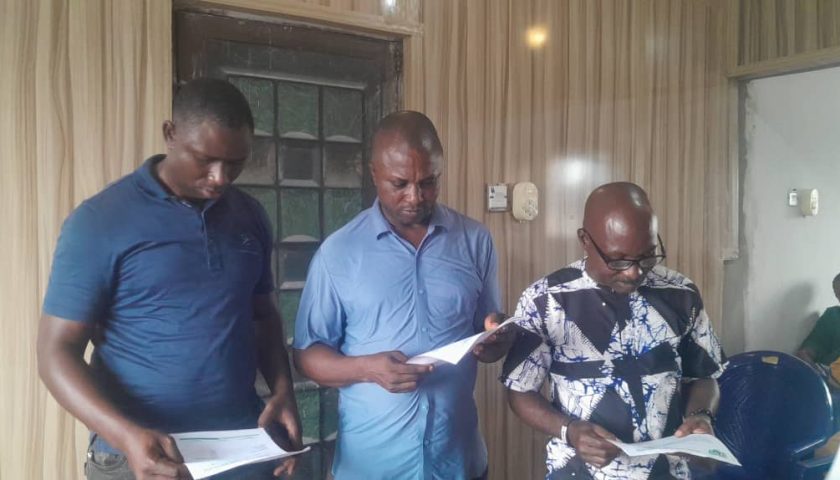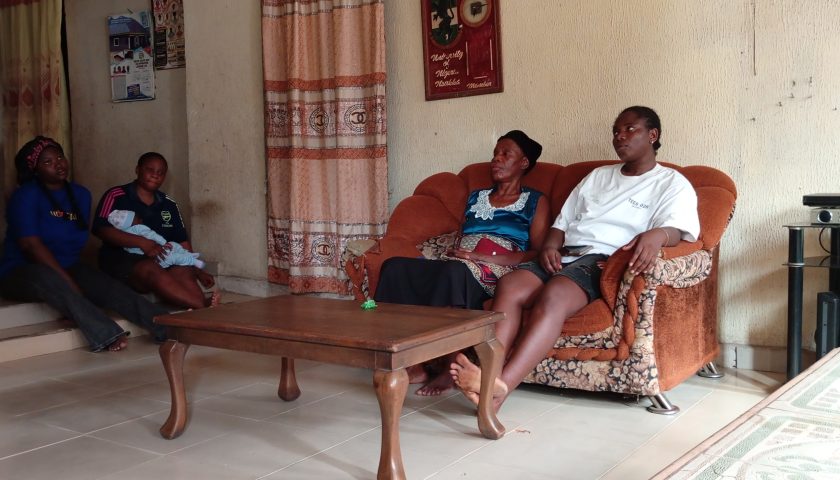More than seven million voters have taken part in an opposition-organised referendum in Venezuela, according to academics monitoring the poll.
The result strongly backed opposition to the socialist government’s proposed constitutional changes.
Venezuela remains polarised between supporters of President Nicolas Maduro and the opposition, which wants fresh elections.
A nurse was shot dead while queuing to vote in the capital, Caracas.
Men on motorbikes opened fire, killing 61-year-old Xiomara Soledad Scott, and wounding three others.
The opposition blamed a “paramilitary” gang for the shooting, which prosecutors said they would investigate.
Separately, journalist Luis Olavarrieta was kidnapped, robbed and beaten by a group, but managed to escape.
More than 100 people have died in clashes and protests in Venezuela since April.
‘Defend constitution’
The rector of the Central University of Venezuela, Cecilia García Arocha, said 6,492,381 people voted within the country and another 693,789 at polling stations abroad. However, the vote has no legal status.
The turnout is slightly less than the 7.7m people who voted for opposition candidates at the 2015 parliamentary elections. There are 19.5m registered voters in the country.
Voting yes or no to three questions, 98% rejected the new assembly proposed by President Maduro and backed a call for elections before his term of office ends in 2019.
They also voted for the armed forces to defend the current constitution.
- The deep economic crisis is made worse by the falling price of oil, which accounts for about 95% of Venezuela’s export revenues and was used to finance some of the government’s social programmes. Forced to make cuts, President Nicolas Maduro has seen his support fall among core backers
- Basic necessities, such as medicine and food, are in short supply
- The opposition accuses Mr Maduro of mismanaging the economy and eroding democratic institutions
- In March, the Supreme Court decided it would take over the National Assembly. The decision was reversed, but Mr Maduro was accused by opponents of trying to stage a coup. That sparked almost daily protests calling for his resignation
- Mr Maduro says the opposition is trying to overthrow his government
An official vote will be held on 30 July for a new assembly, which would have the power to rewrite the constitution and to dissolve state institutions. But critics say the new assembly could herald dictatorship.
Sunday’s unofficial poll was held in improvised polling stations at theatres, sports grounds and roundabouts within Venezuela and in more than 100 countries around the world.
While the vote was only symbolic, BBC South America correspondent Katy Watson said the opposition hoped that a high turnout would heap pressure on the government.
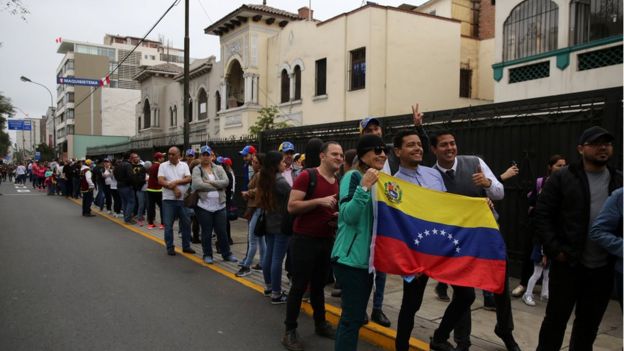
But Mr Maduro described Sunday’s vote as “meaningless”.
“They have convened an internal consultation with the opposition parties, with their own mechanisms, without electoral rulebooks, without prior verification, without further verification. As if they are autonomous and decide on their own,” he said.
Mr Maduro argues that the constituent assembly is the only way to help Venezuela out of its economic and political crisis.
Opposition leaders fear that the process of setting up a new constituent assembly and rewriting the constitution would almost certainly delay this year’s regional elections and next year’s presidential election.
They also fear that the constituent assembly would further weaken the National Assembly, Venezuela’s opposition-controlled legislative body.
Source: BBC


